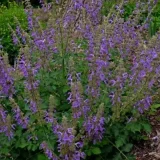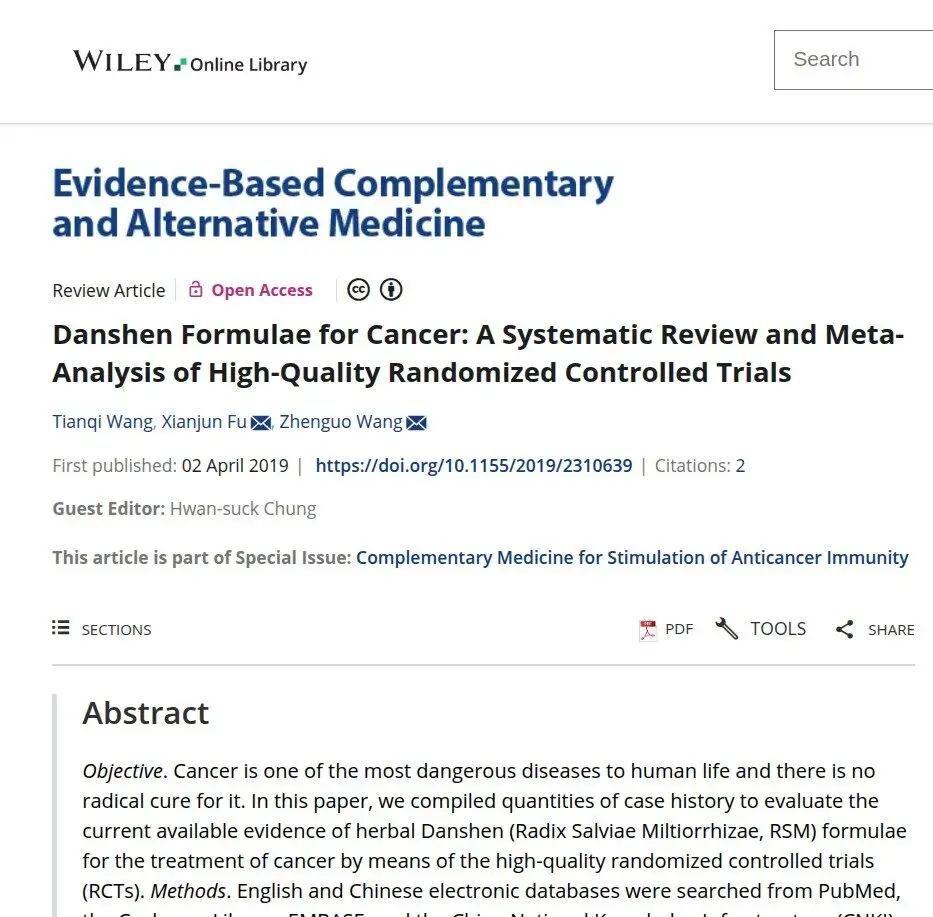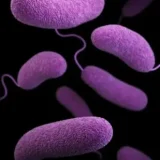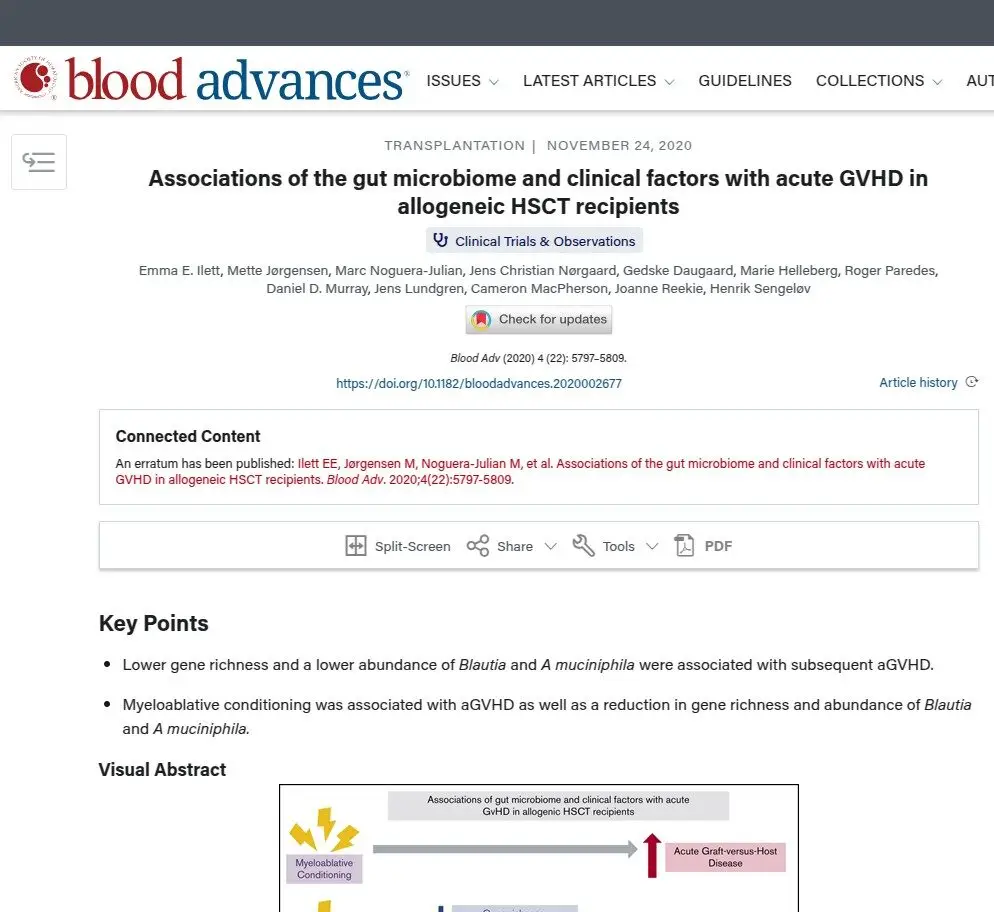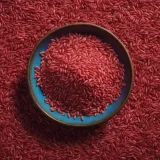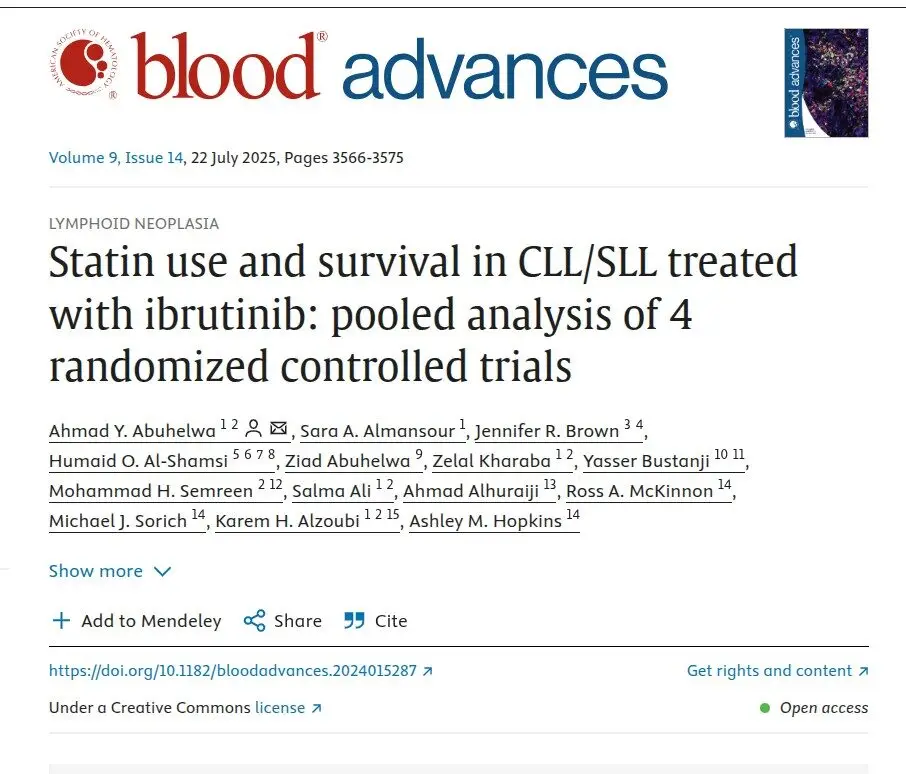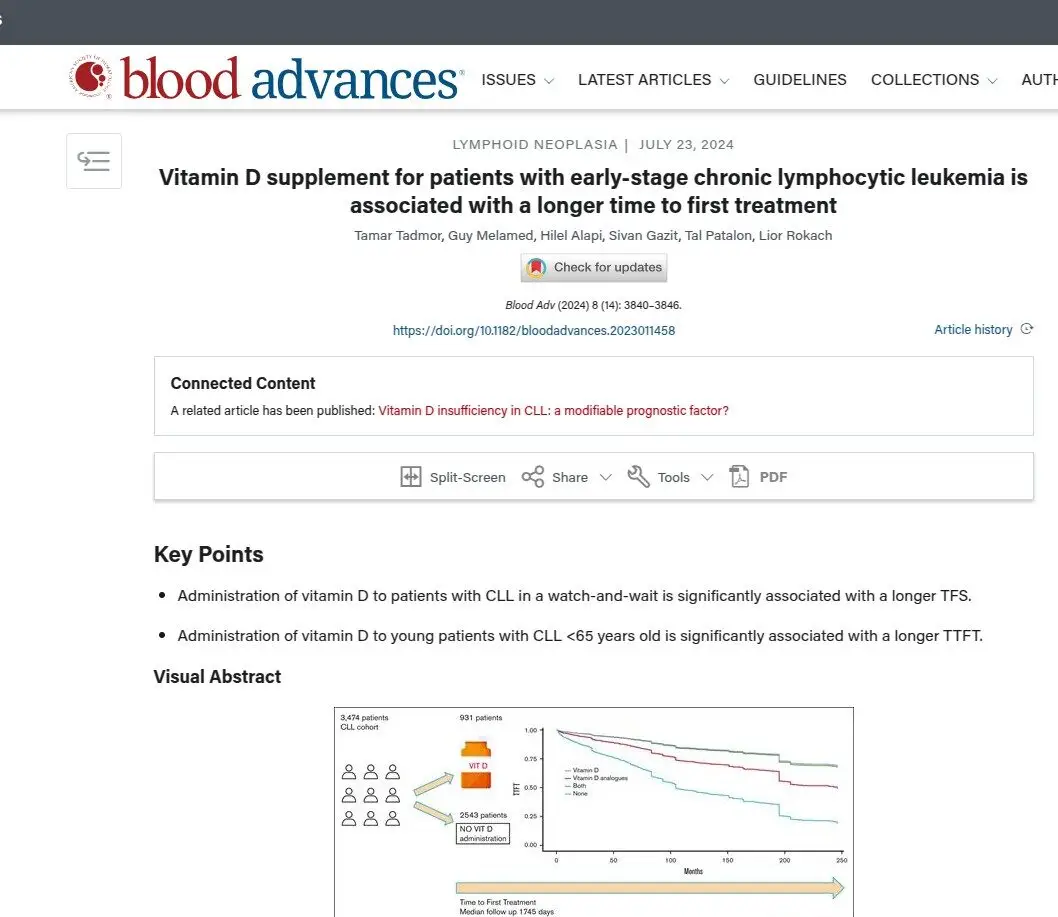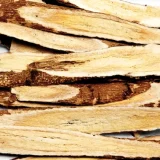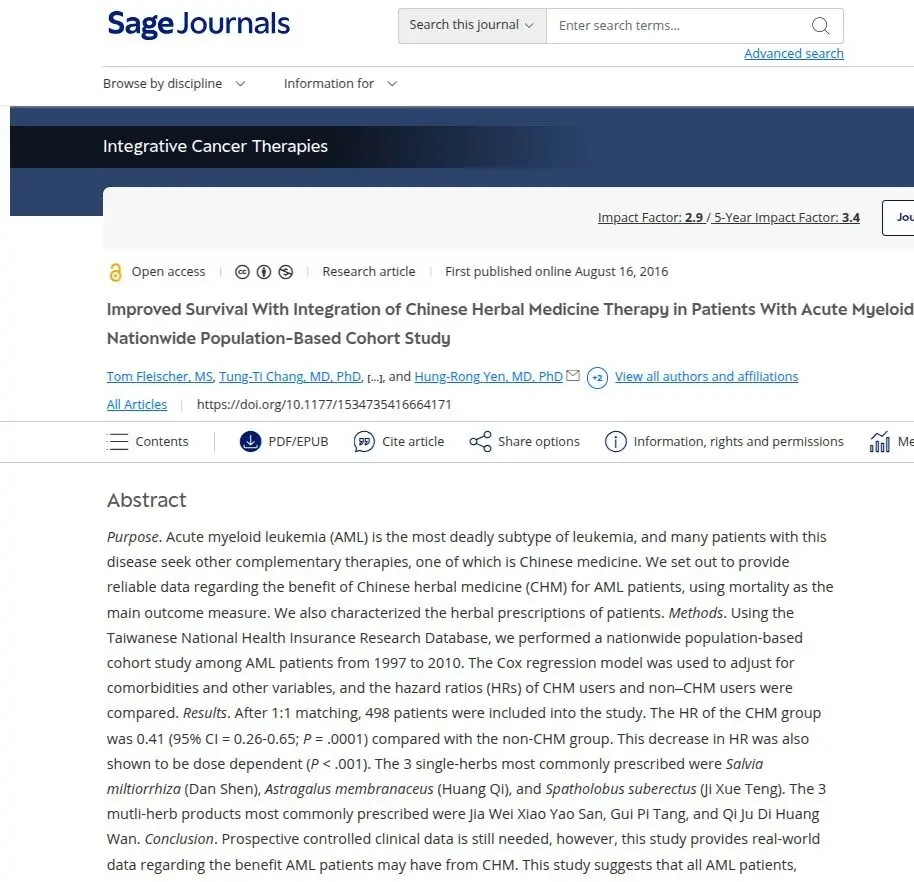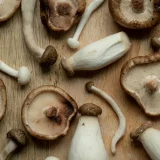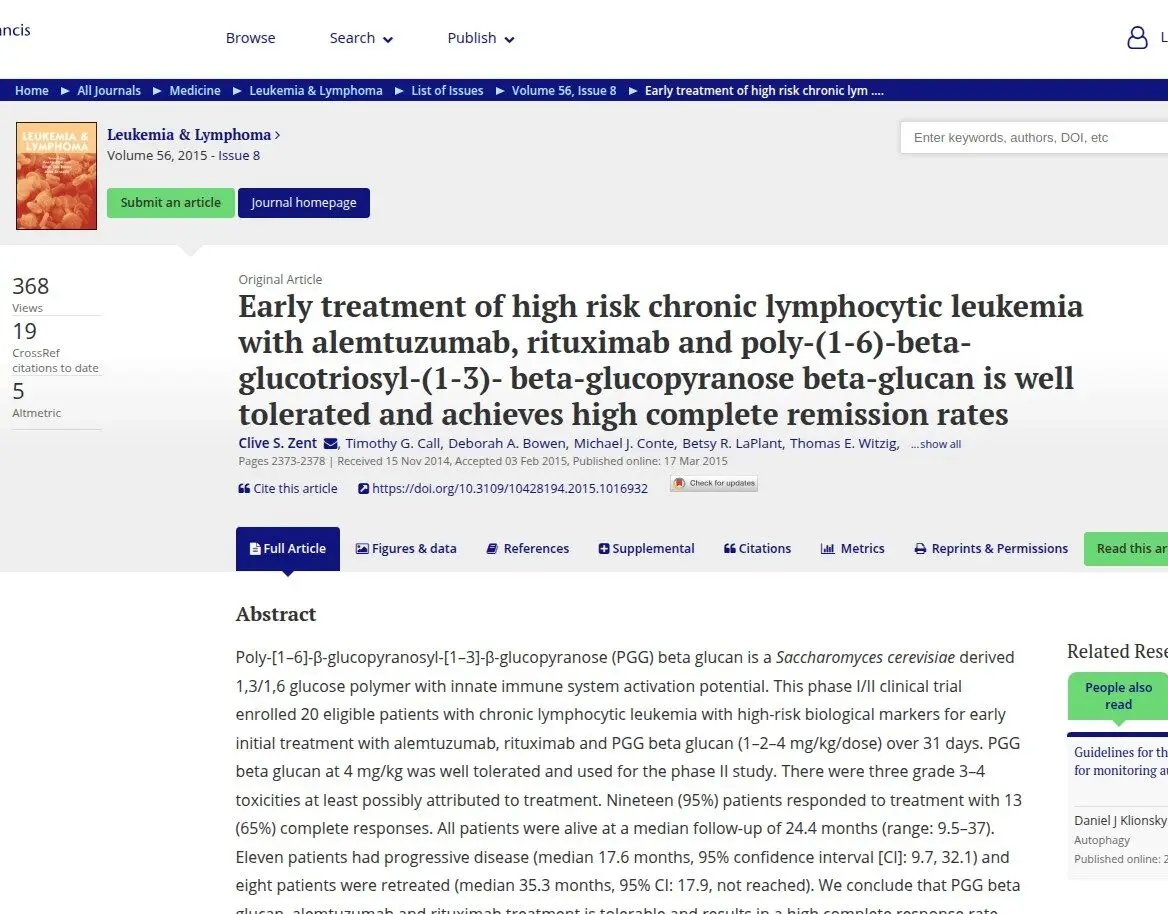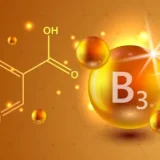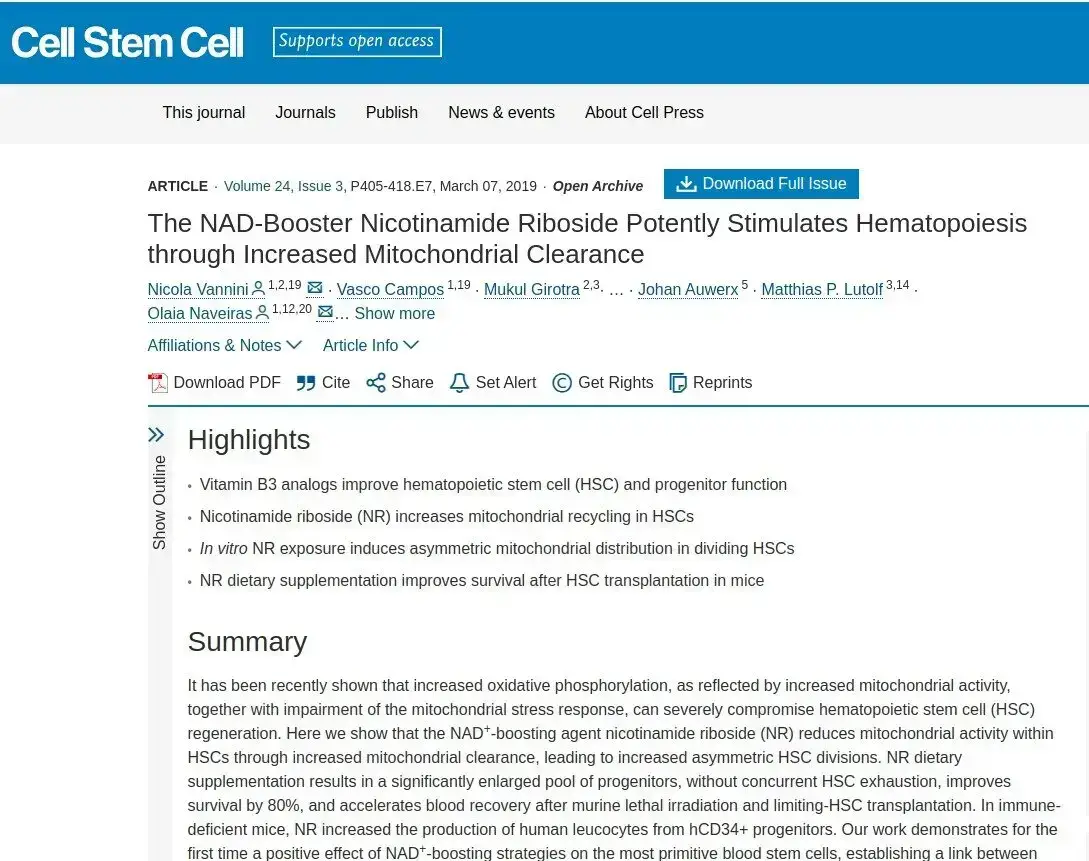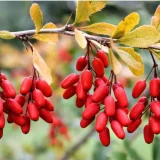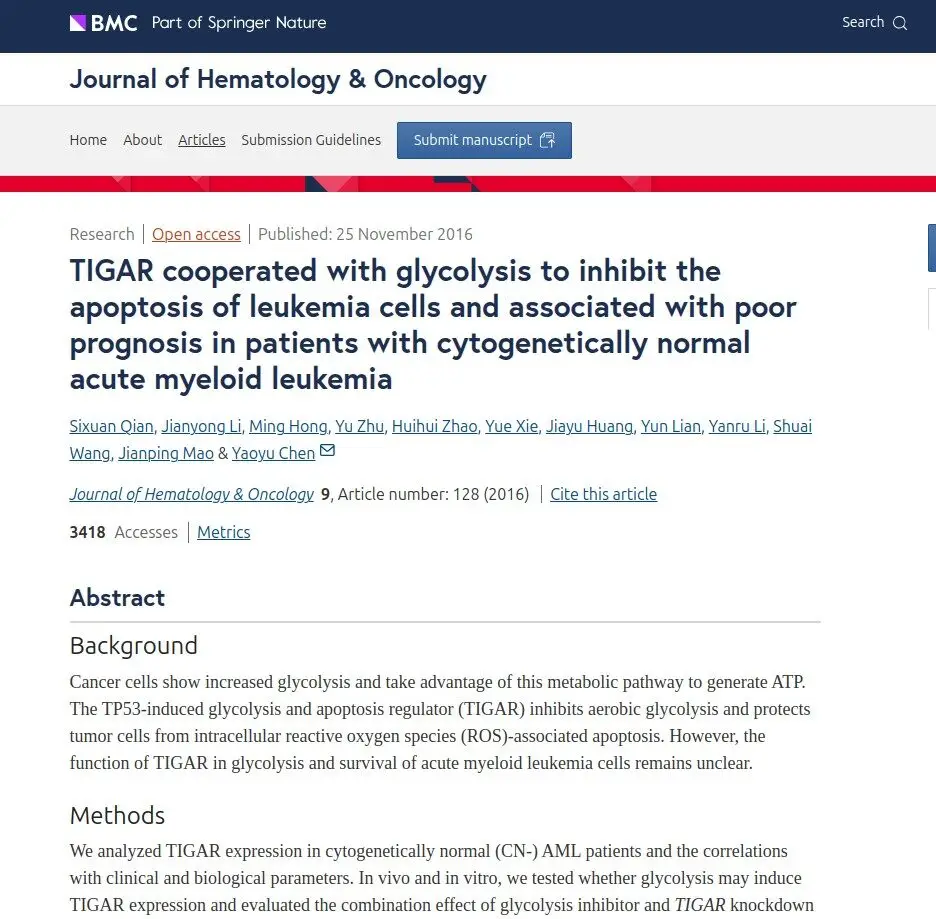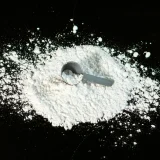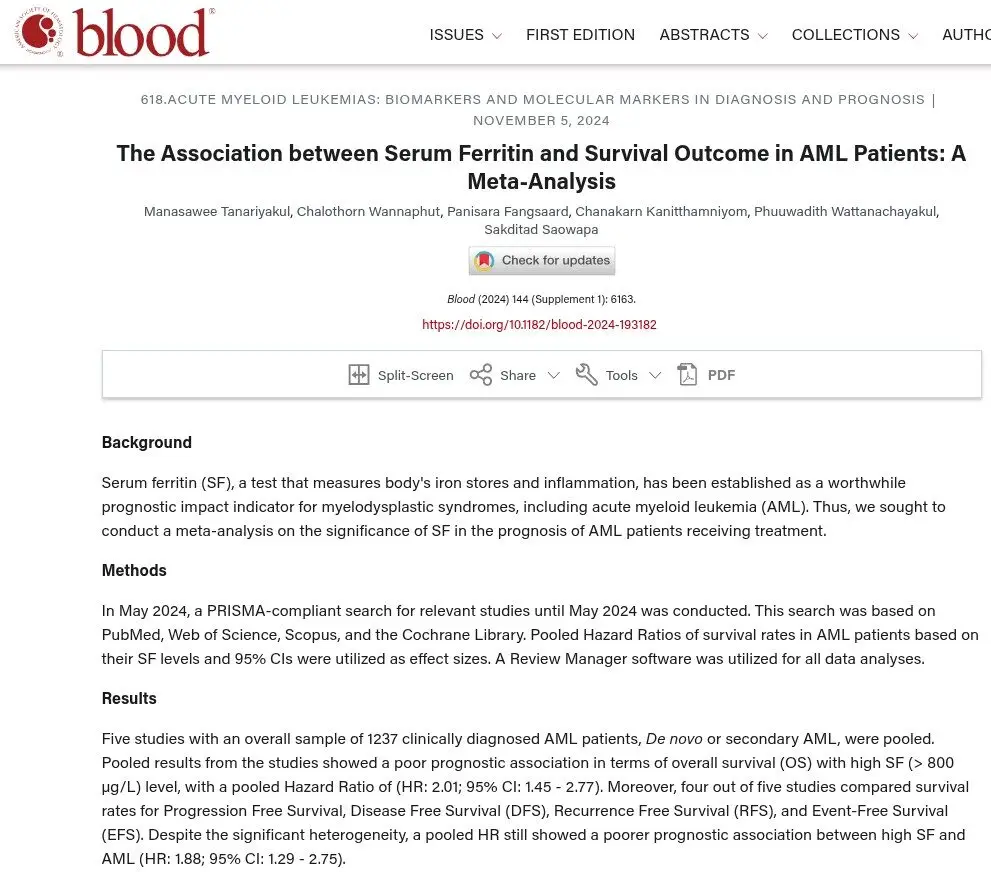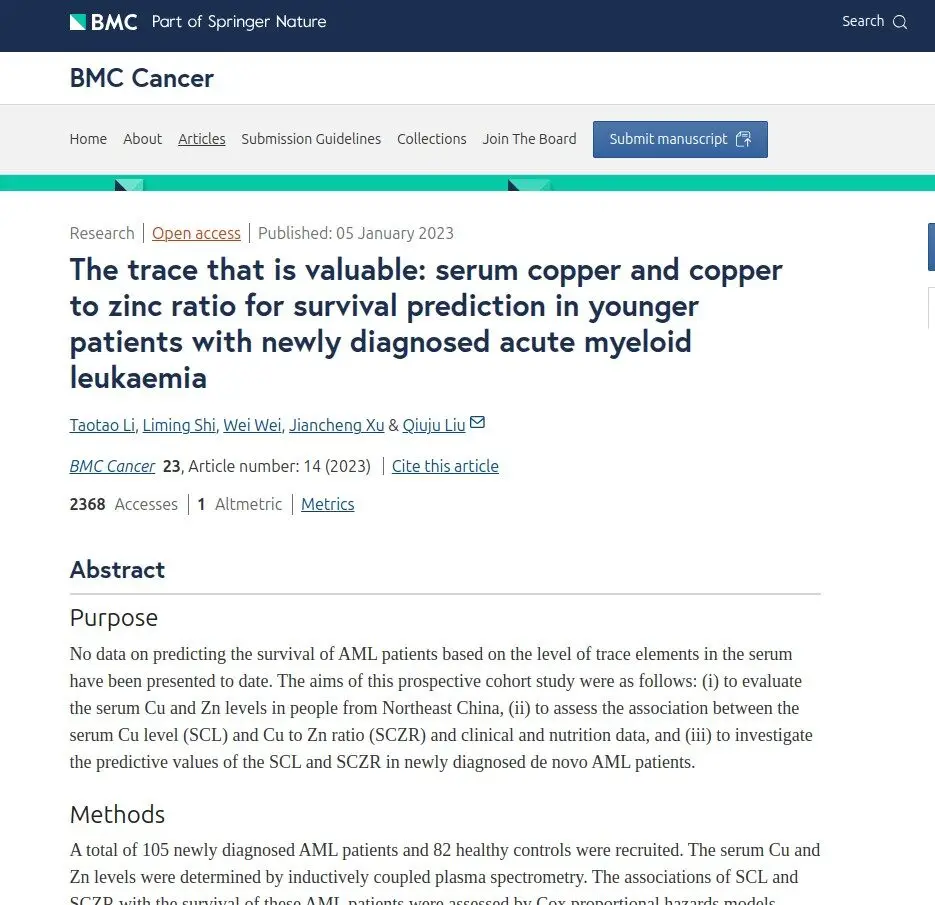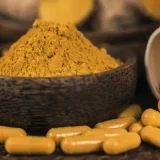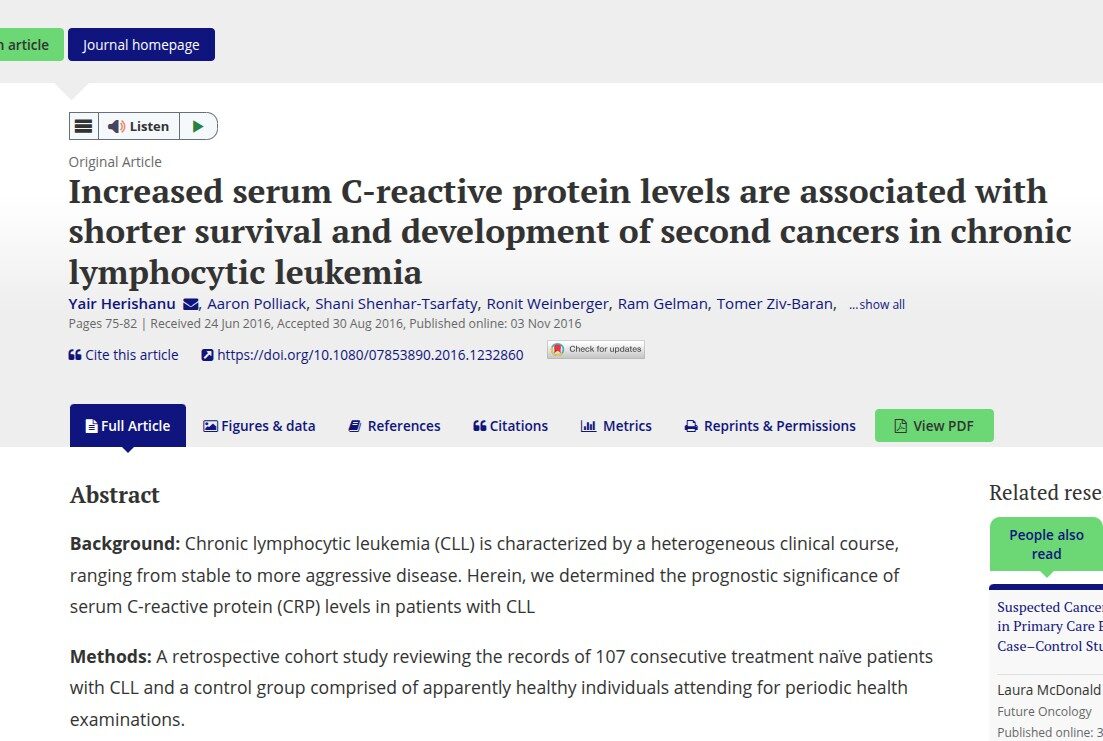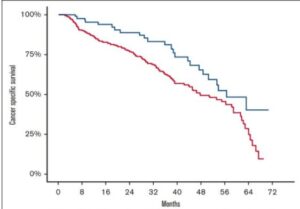There are multiple supplements and compounds with good evidence of reducing risks and improving quality of life in leukemia patient studies. Often by protecting and boosting immune system health and lowering inflammatory responses that tend to fuel cancer progression.
The two most used and well proven herbal extracts, danshen and astragalus, are shown to have strong impacts when added to oncology treatments, mainly chemotherapy. Data from both Tiawan national patient records and collective study across several trials report much lower progression risks. Other research reports low immune system related inflammatory responses significantly improve outcomes, Re-balancing immune system inflammation levels, the neutrophil-to-lymphocyte ratio and improving low platelet count both reduce risks quite substantially. A natural immune modulator, astragalus has evidence of supporting immune system balance both before and during oncology treatments. Also continuing to develop in oncology practice are beta glucans, in this case derived from yeast. Stimulation and restoration of immune system responses, again, supports significanly improved treatment results. Like astragalus and danshen, users of beta glucans frequently experience lower side effects from treatment.
For leukemia patients treated with tyrosine kinase inhibitors such as ibrutinib, a 2025 large analysis across nearly 1500 cases showed that stain use results in a large risk reduction both for progression and all causes. Its to be proven if this effect would be seen in the other 71% of patients who were not on statins, or a sub group of those. But a remarkable effect none the less. Statins users, especially those who respond with lowered cholesterol, are often reported with improved outcomes in cancer therapy and that includes leukemia. Importantly, at least one study showed even greater benefits in patients taking low dose aspirin alongside statins. Atorvastatin is the most researched prescription drug while widely proven red yeast rice supplements are the source of lovastatin, its cousin.
Another compound gaining a large body of both observational and clinical data is vitamin D3, there is overwhelming evidence of the poor prognosis in deficient patients, and increasing progress in benefits of supplementation. Higher dose vitamin D3 is gaining attention too, particularly for higher BMI patients.
Also from large scale analysis of patient records, use of H1 class antihistamine desloratadine reduced risks for progression in leukemia. Similar data also confirms superior response rates during immunotherapy for melanoma and lung cancer treatment, which researchers suggest are applicable in other disease including leukemia.
Treatment outcomes in blood cancers including leukemia can be heavily influenced by gut microbiome. Having is high diversity of gut bacteria is reported to improve response and reduce overall risks. Crucially, therapy failure is linked to poor gut microbiota and in particular deficient or absence of blautia and akkermansia bacteria. Some necessary oncology treatments may reduce levels of these bacteria as do antibiotics. Also related to diet, there is some fascinating research in fasting mimicking diets in early stage chronic lymphocytic leukemia (see Lifestyle)
Successful treatment relies strongly on how quickly new white blood cells can be produced. The Nicotinamide Riboside variant of vitamin B3 has been extensively studied in anti-aging science for its ability to increase cellular mitochondrial health. Now, there are is remarkable pre-clinical evidence that this vitamin can substantially increase stem cell activity that drives production of new white blood cells. Related, nicotinamide B3 has reached phase II for reducing incidence of melanoma in leukemia patients.
Dysfunctional iron metabolism is a signature of blood cancers. Elevated levels of enzyme like protein ferritin are seen in tumors and in circulation, promoting progression. Conversely anemia is common in patients and increases risks. Lactoferrin has very potent iron binding capacity, and increases iron balance, homeostasis. Potentially even in relation to iron overload from transfusions. Also metal related, new clinical studies show increased circlating copper bought on by cancer activity is s large risk factor, and many patients were deficient in zinc. Citrus Pectin has evidence of removing heavy metals over a period of weeks, and has its own anti-cancer activity.
Systemic acute type inflammation is associated with most cancers, and often measured with c-reactive protein. Supplements including curcumin, garlic and an anti-inflammatory functional food regime are all evidence based interventions.
The so called Th1/Th2 immune system balance is strongly linked to the progression in leukemia and to treatment resistance. Molecular iodine solutions are emerging in this area in breast cancer management, seen boosting Th1 anti tumor activity and helping suppress over active Th2 used in resistance. This has improved results in surgery plus chemotherapy and may support increased responses during immunotherapy (see Supplement Library). For immunotherapy the presence of high sodium levels is now identfied as a key marker for success in other cancers. Also in other cancers, AM treatment programs are substantially more effective that PM/evening sessions


